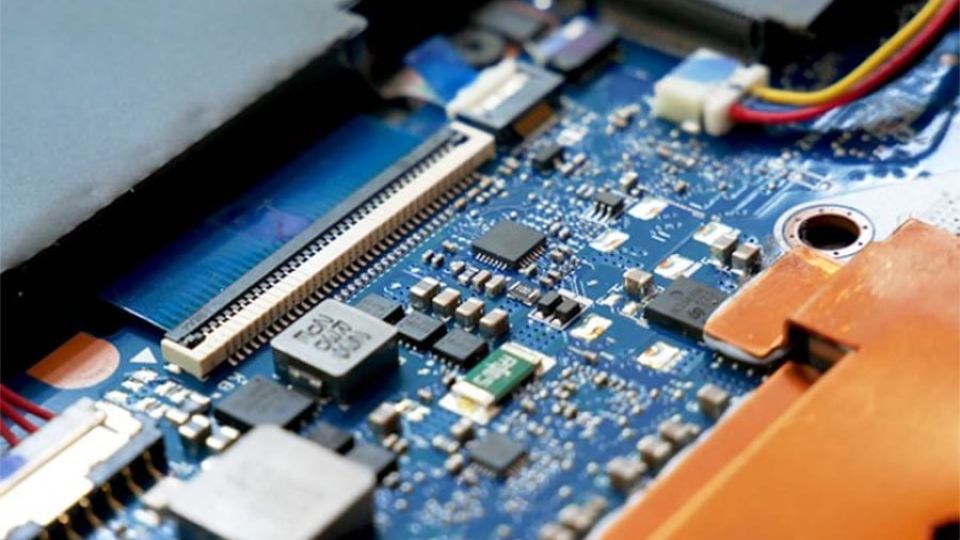February 4, 2025
SEOUL – South Korea’s exports tumbled in January, ending a 15-month growth streak that led to its first trade deficit in 20 months. The turnaround has come at a time when the export-dependent country is likely to confront a global tariff war signaled by the imposition of new tariffs by US President Donald Trump.
On an on-year basis, Korea’s outbound shipments dropped 10.3 percent to $49.1 billion and imports fell 6.4 percent to $51 billion last month, according to data released by the Ministry of Trade, Industry and Energy on Saturday. The figures resulted in a trade deficit of $1.89 billion.
Semiconductors, the country’s flagship export item, fared well in January, logging $10.1 billion in exports, or an 8.1 percent increase on-year. It is notable that chip exports have continued to top $10 billion for nine months in a row.
The solid record of chip exports is largely attributed to the strong demand for chips produced in Korea, especially the high-end lineups including high-bandwidth memory and double data rate-based memory chips needed to power data centers and artificial intelligence development.
Despite chips’ strong showing, Korea’s export pace slowed in January. The long Lunar New Year holiday last week reduced the number of business days. Some business operators in retail and other sectors complained that the government’s decision to designate Jan. 27 as a temporary holiday to extend the Lunar New Year holiday cut into their revenues.
Further, there is major concern about the potential impact of China’s DeepSeek breakthrough AI solution on Korea’s chip industry. Shares of chipmakers listed on the Korean stock market retreated Friday when investors reacted negatively to the news that the demand for high-end AI chips could weaken since DeepSeek demonstrated it can build an advanced AI system with fewer chips and less money.
Some experts, including those from the trade sector, said that skeptical views about the need for HBM chips might prevail in the short term, but the possibility of developing AI systems in a cost-effective way will benefit Korean chipmakers in the long run.
But it is far from encouraging that Korea’s exports to major trading partners all declined last month. Exports to China dropped 14.1 percent on-year to $9.2 billion. Exports to the United States also fell 9.4 percent to $9.3 billion.
Even though the January figures declined, Industry Minister Ahn Duk-geun stressed on Saturday that export momentum continues, citing a 7.7 percent on-year increase in daily average exports.
Ahn also noted that the ministry will monitor changes in US trade policies under the Donald Trump administration.
Later in the same day, Trump announced the United States would place 25 percent tariffs on Canadian and Mexican imports, while slapping 10 percent on goods from China, beginning from Tuesday.
Trump’s order on tariffs is widely feared to trigger a global trade war beyond Canada, Mexico and China. Korea is not immune from the massive trade battle in consideration of its close trade ties with its two biggest trading partners — the United States and China.
Trump’s announcement itself is not a surprise because he has made these threats since before he won the US presidential election last year. But it still worries many policymakers and business leaders around the world, considering the broad impact of a trade war involving multiple retaliatory tariffs.
Trump’s hardline actions are now expected to drive up prices and heighten economic uncertainty across the globe. The fallout could pose extra problems for Korea, whose economy needs strong exports rather than fresh trade barriers.
With the possibility of a global trade war increased by Trump’s recent actions, Korea’s policymakers in charge of trade must find ways to help exporters prepare for worsening market conditions abroad.


